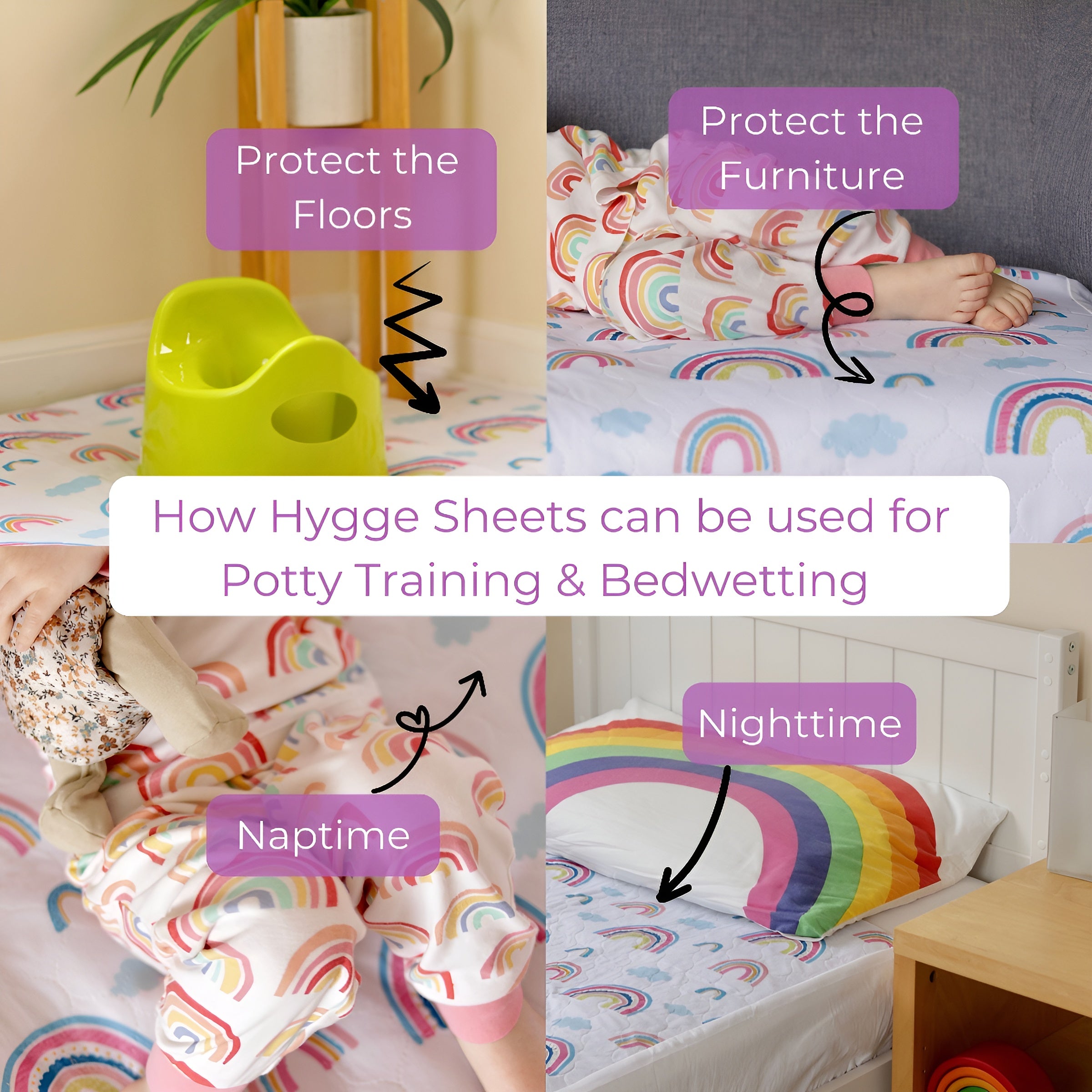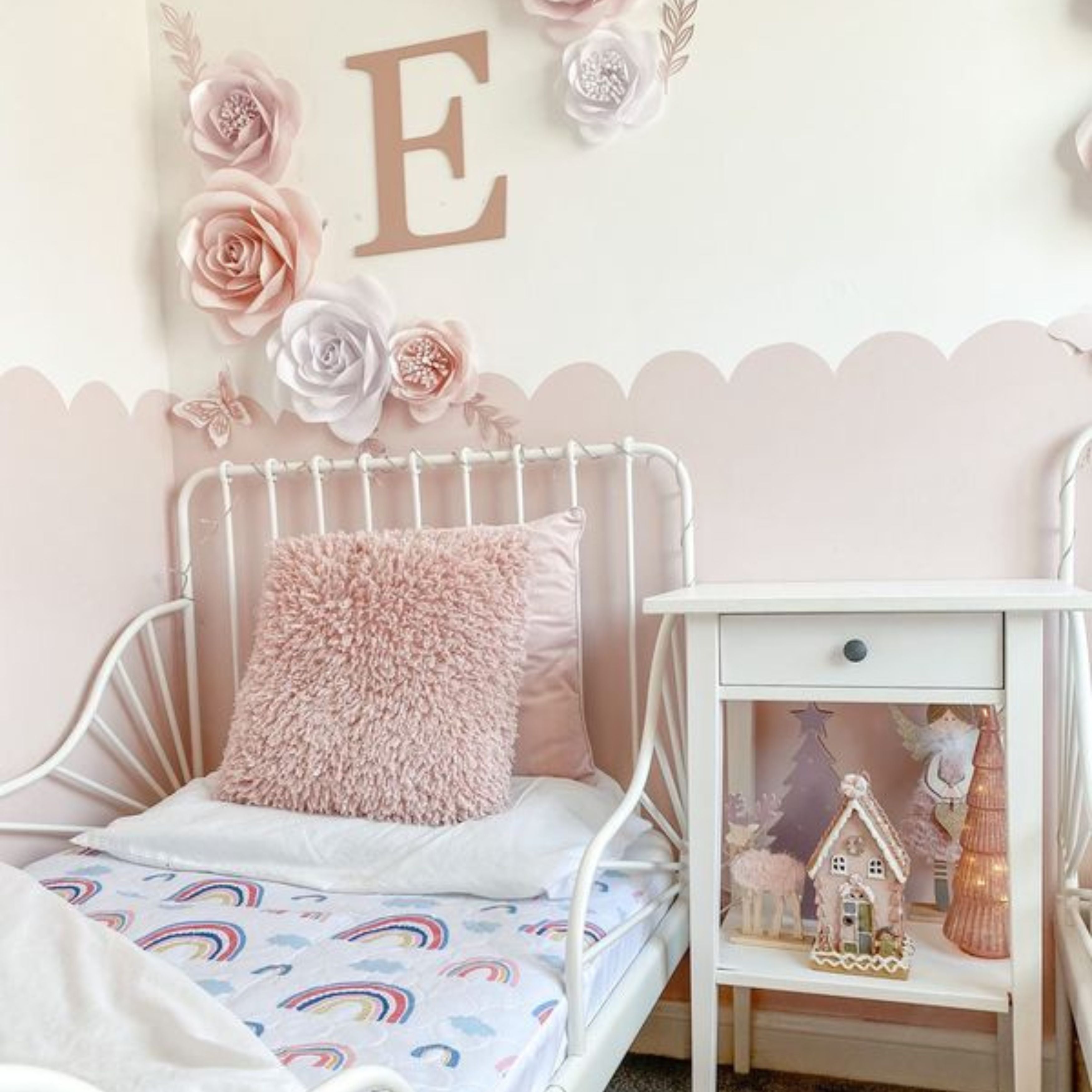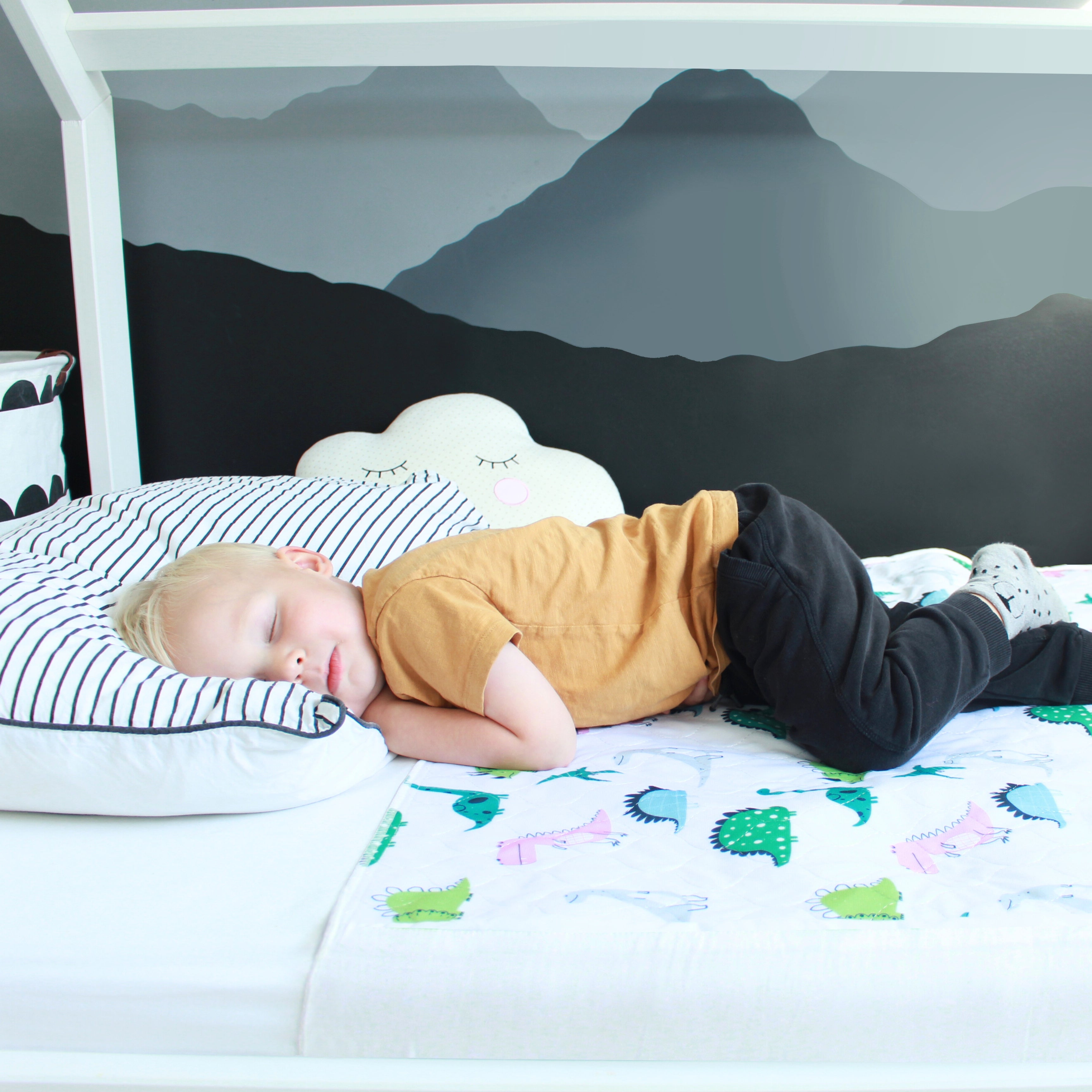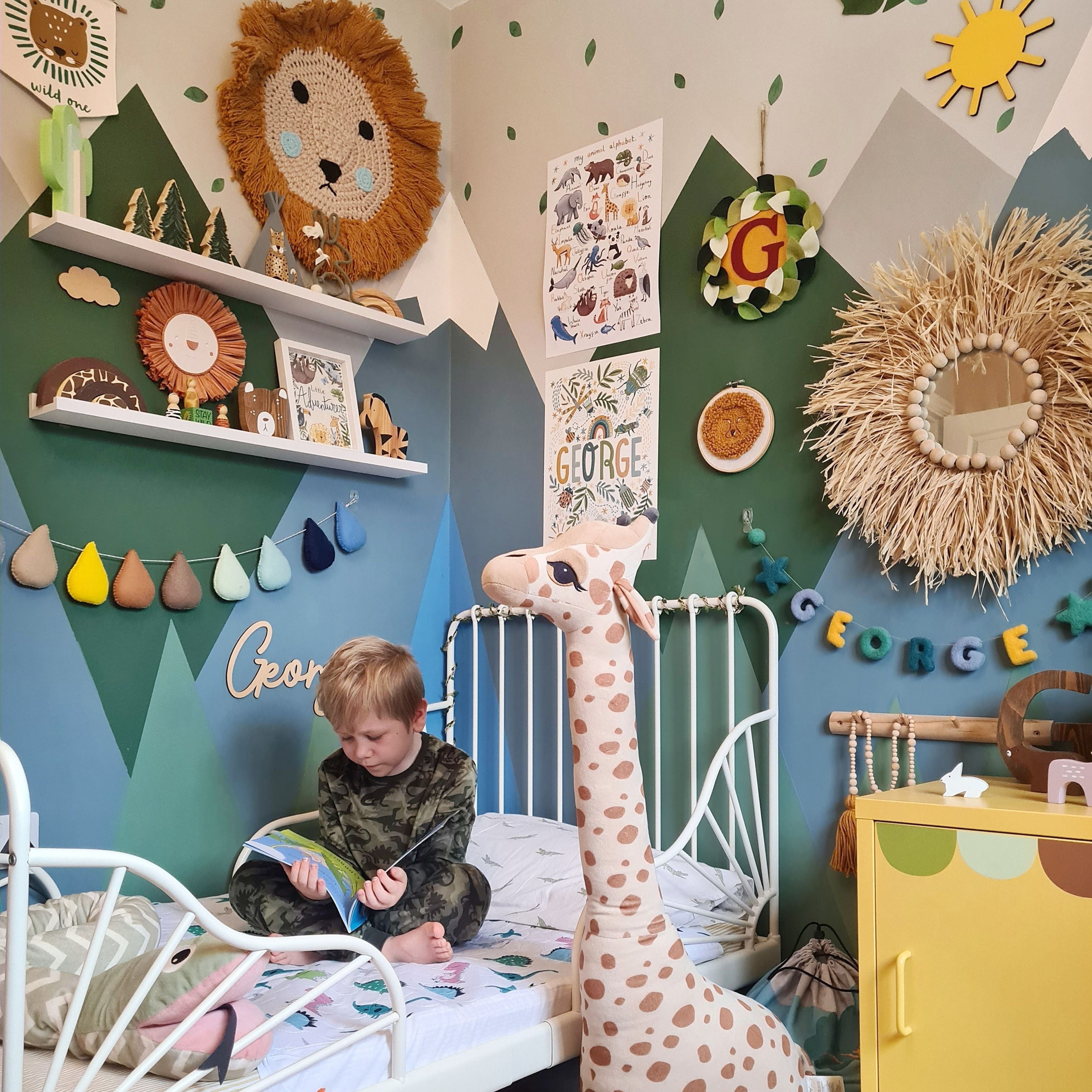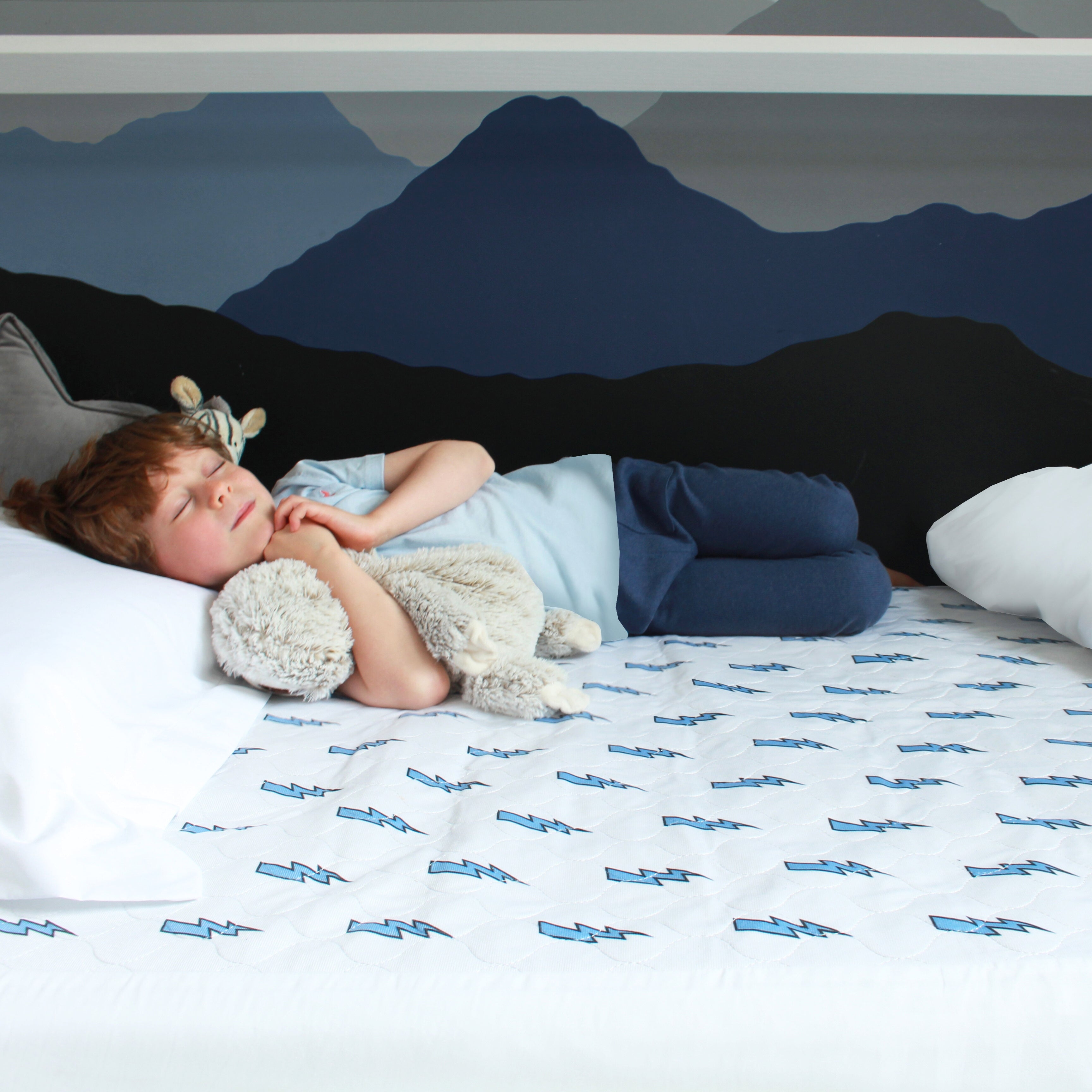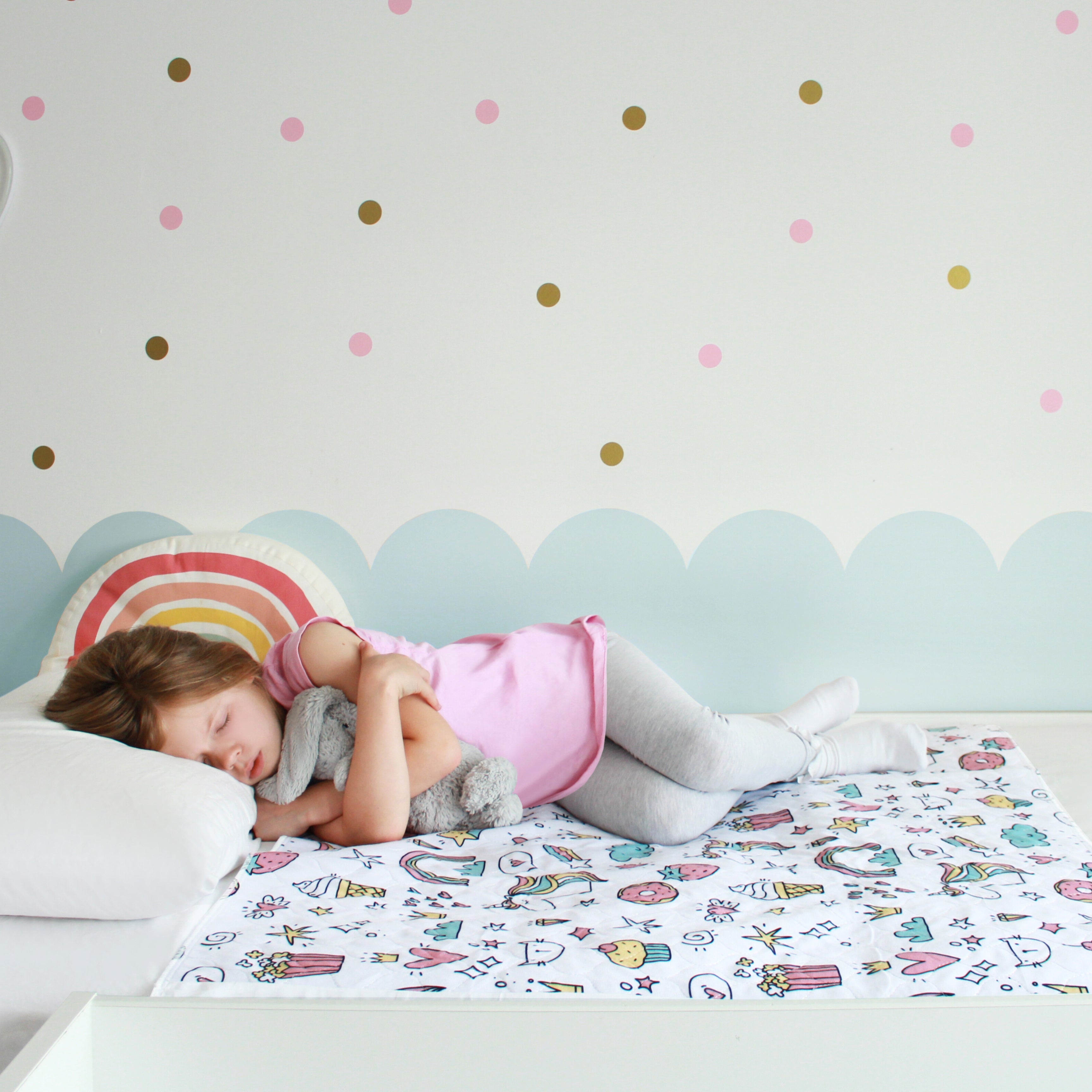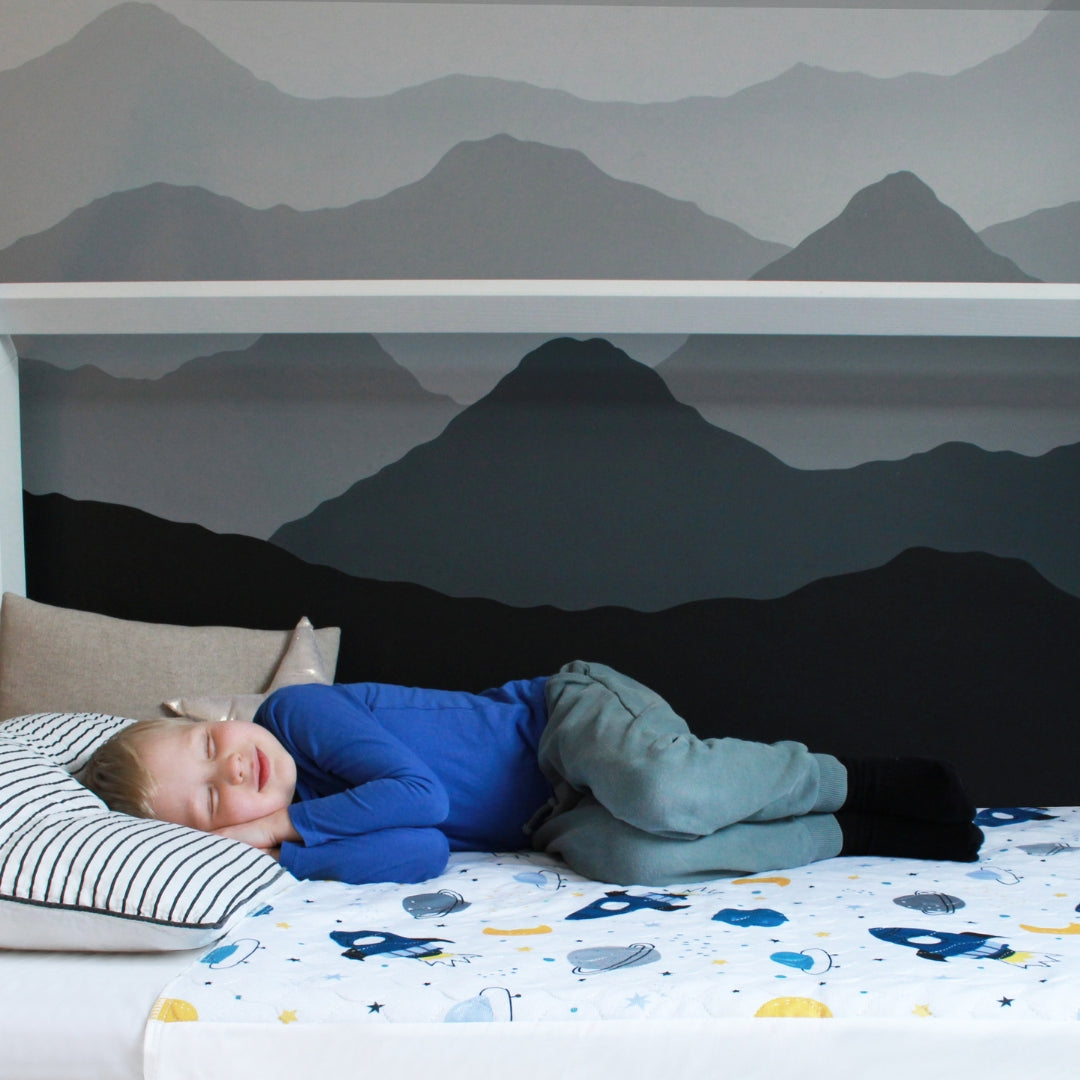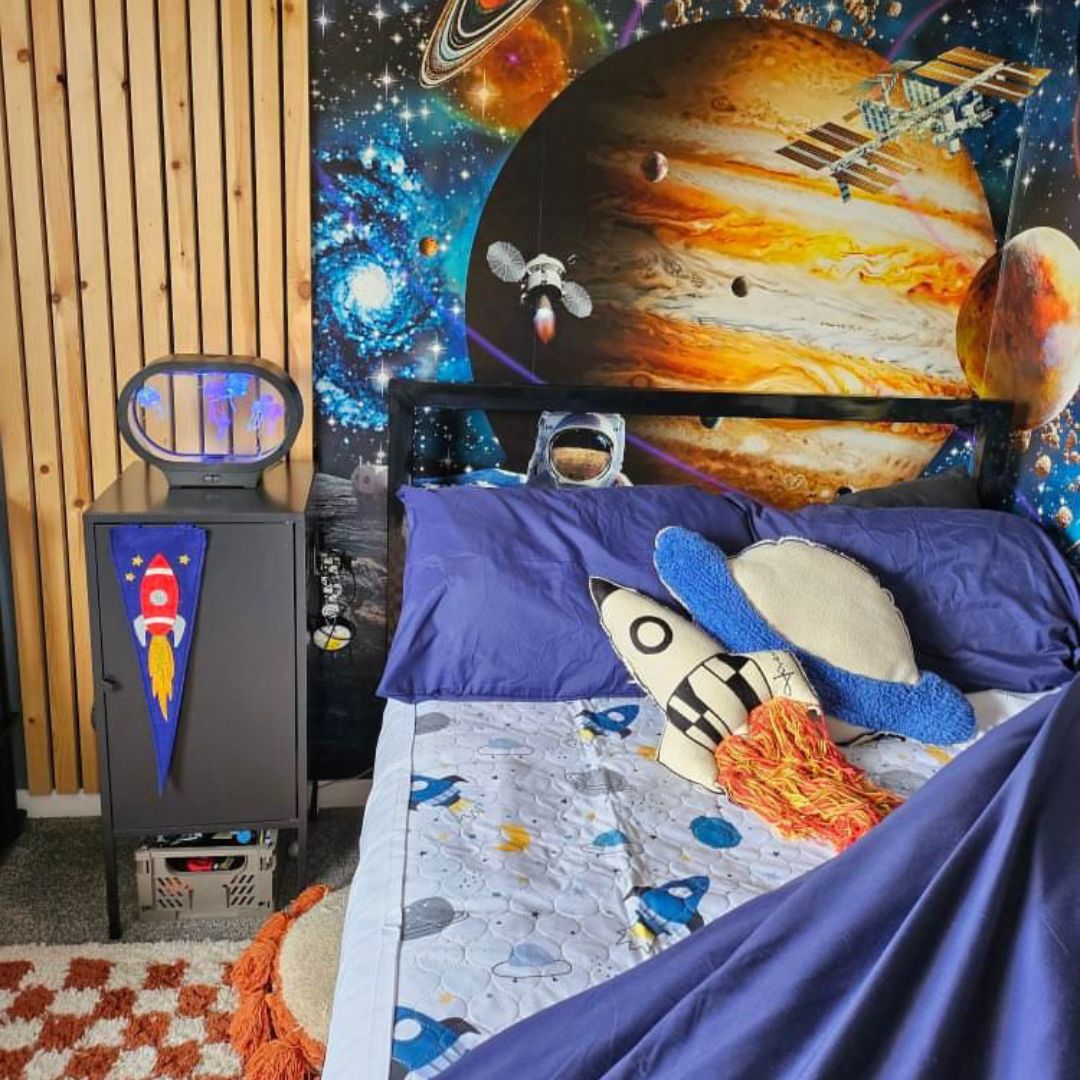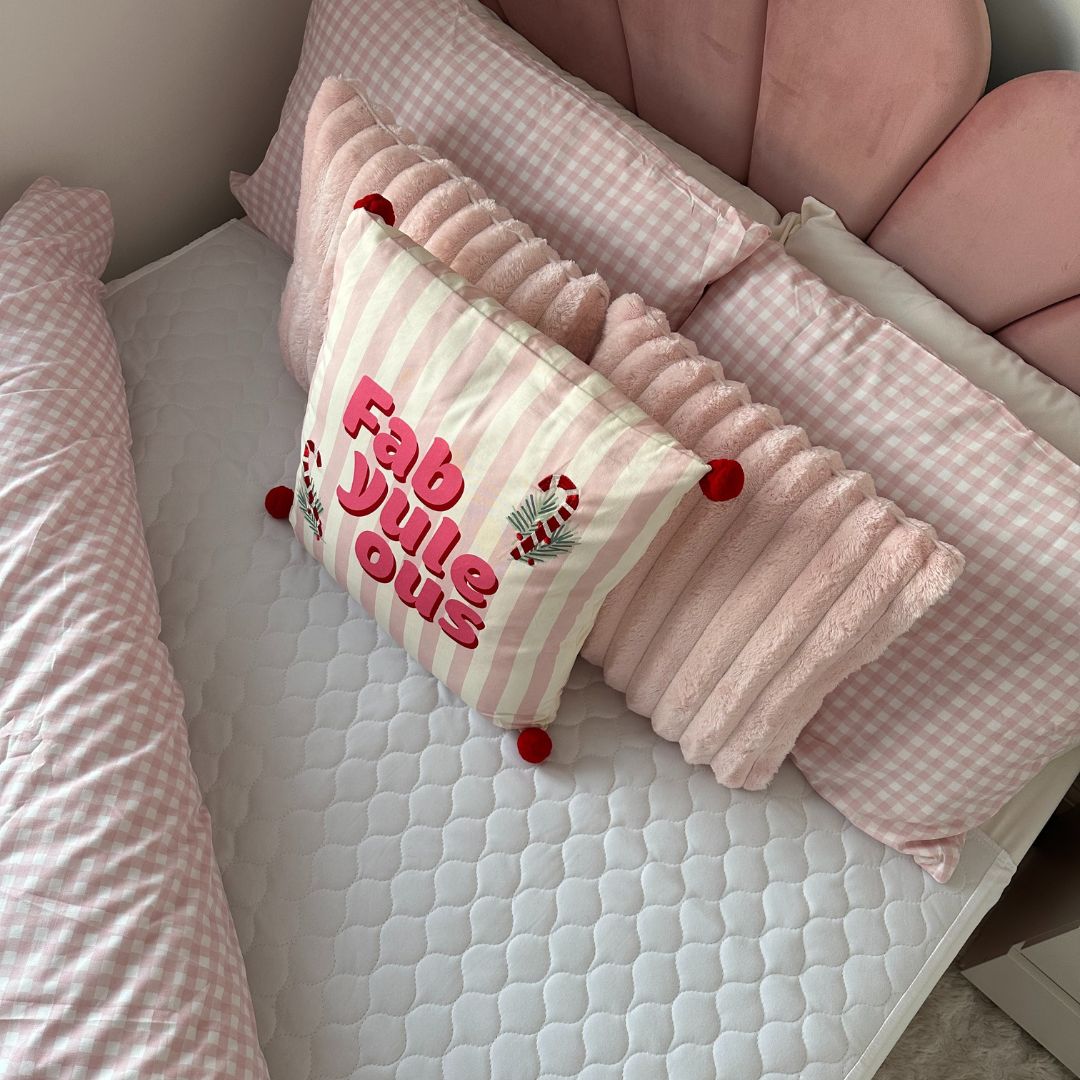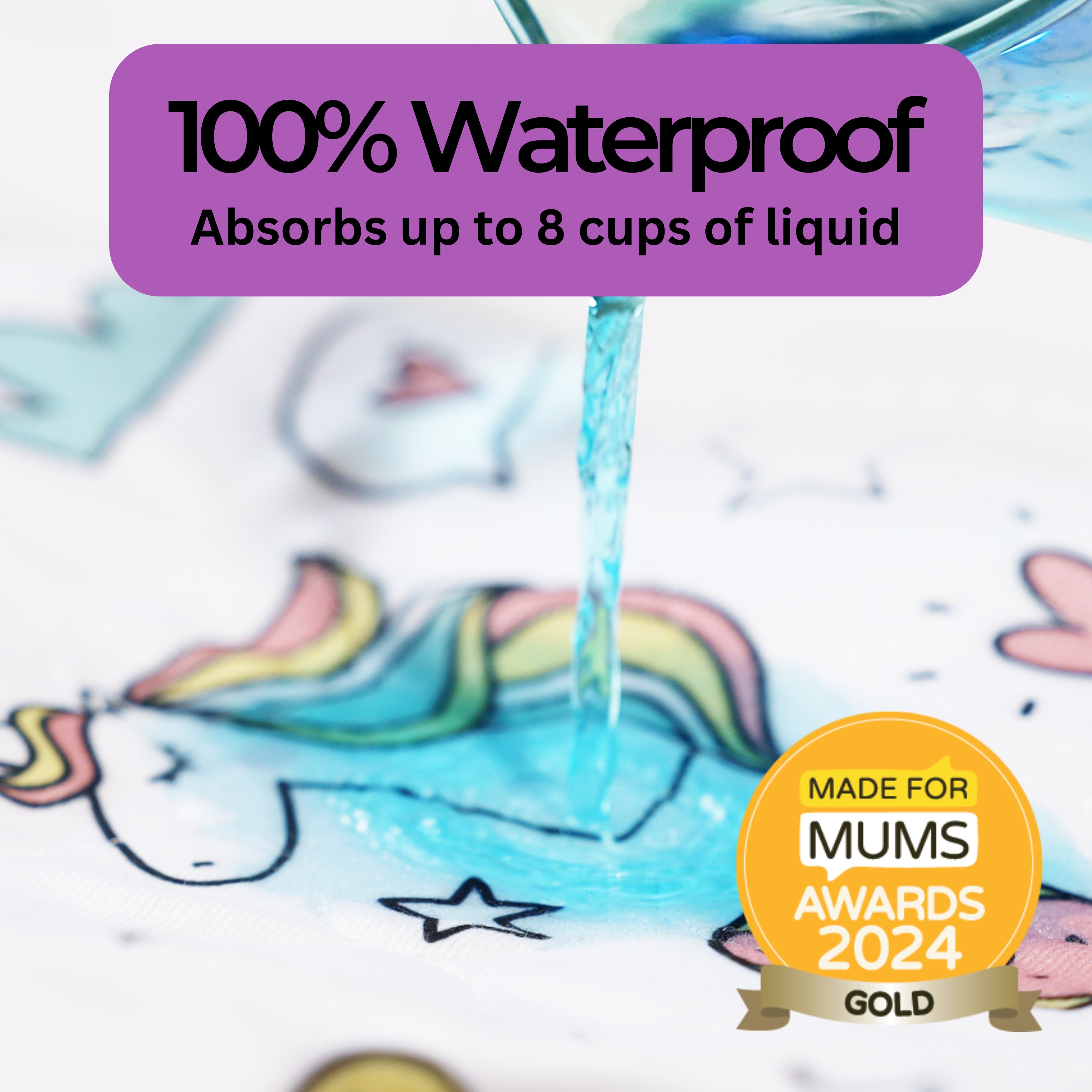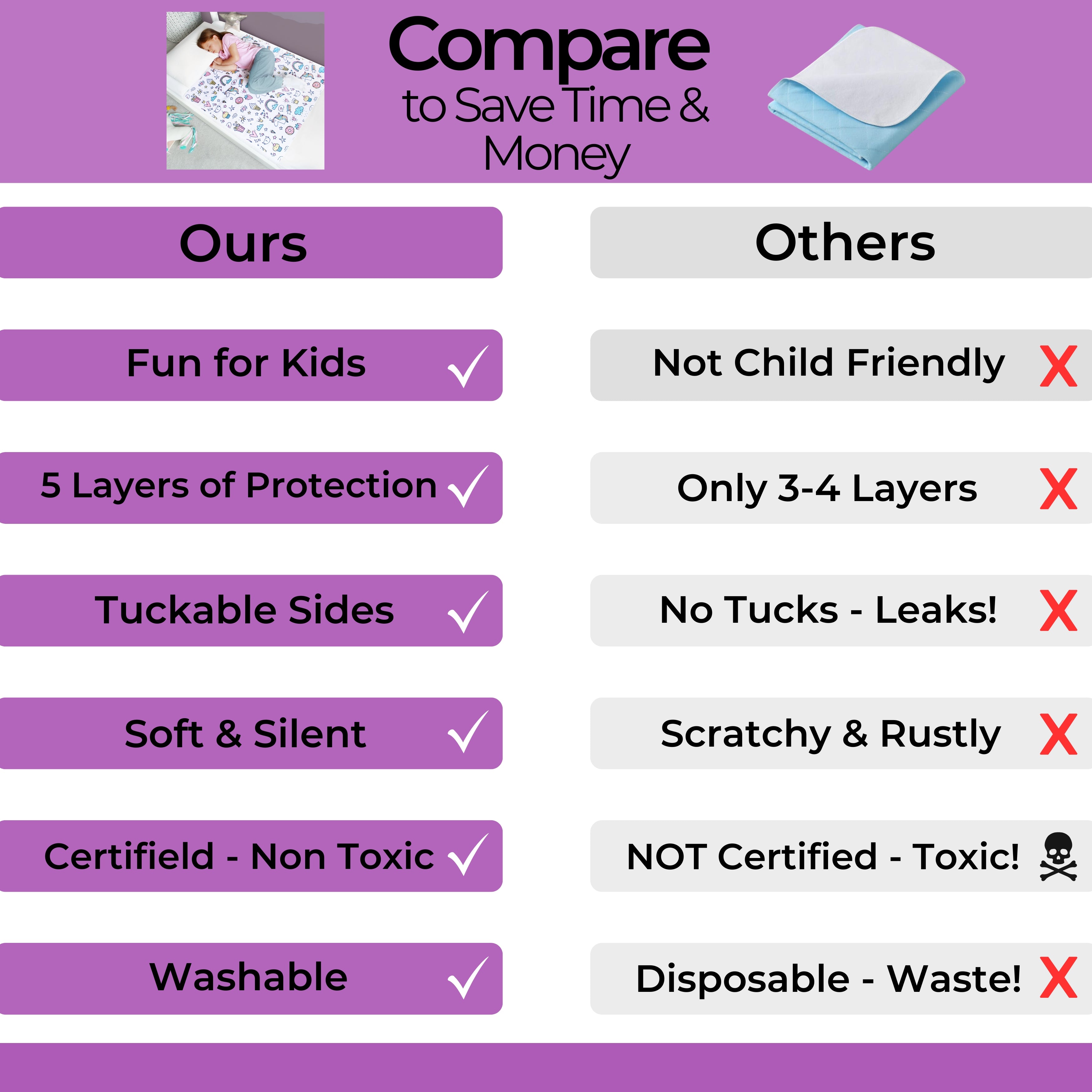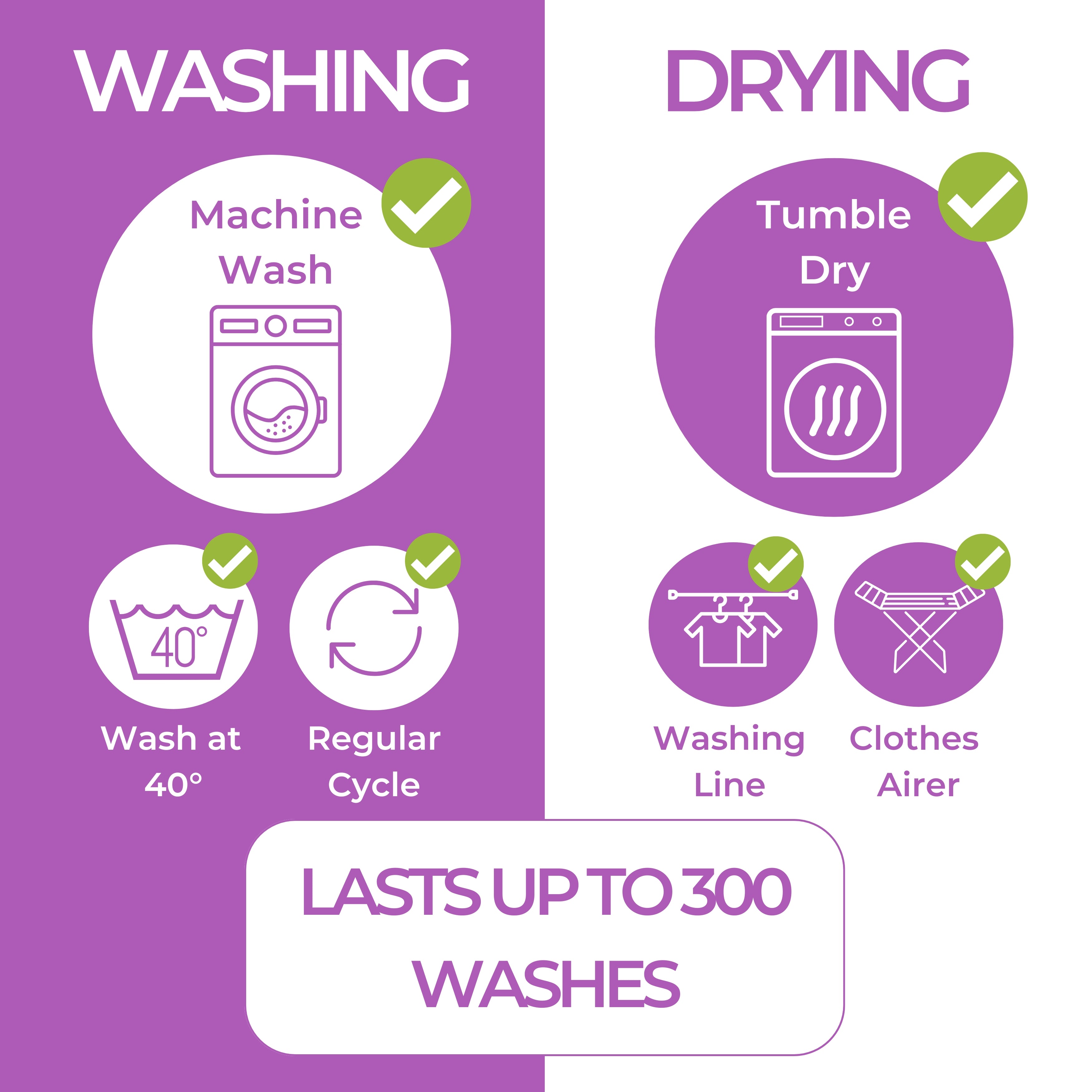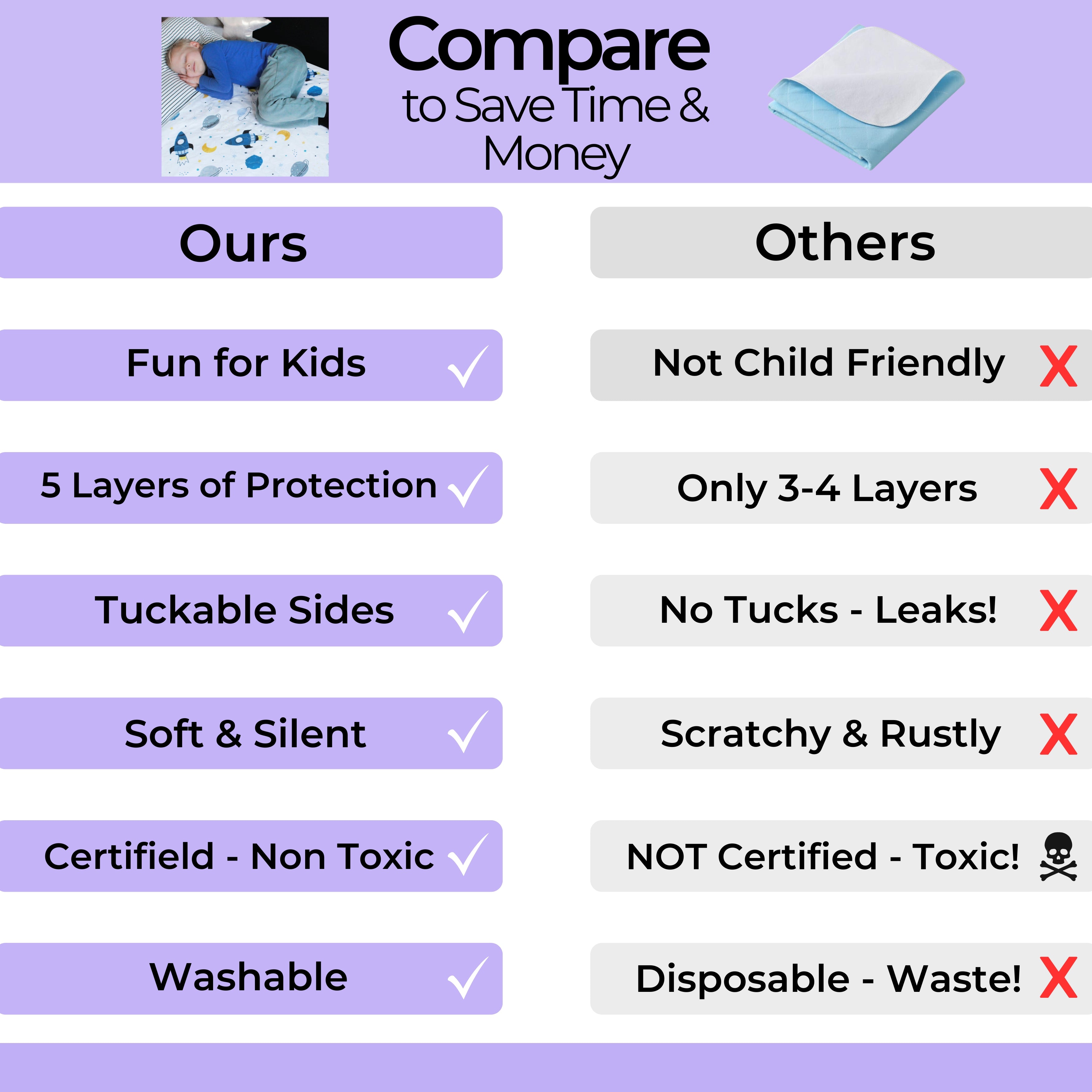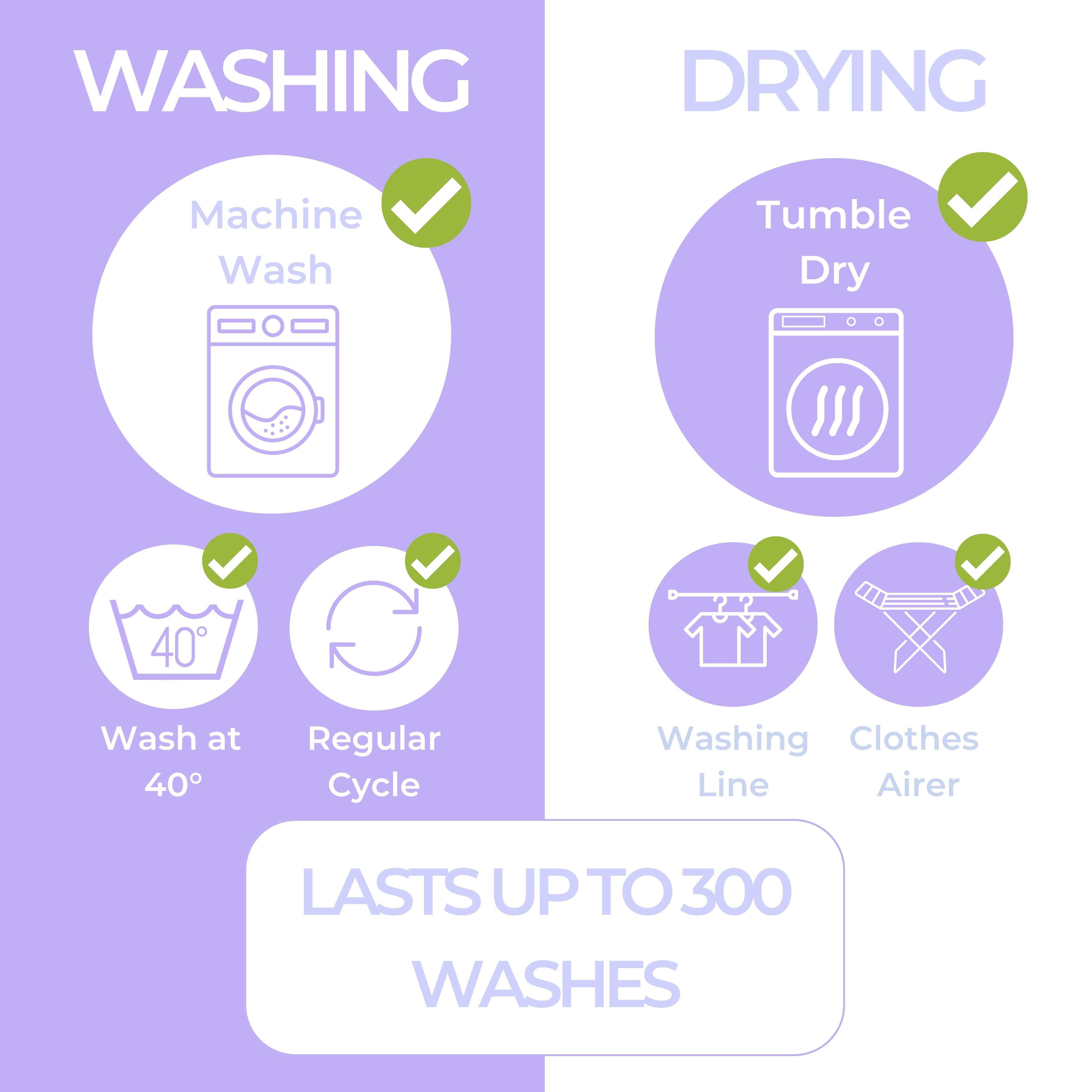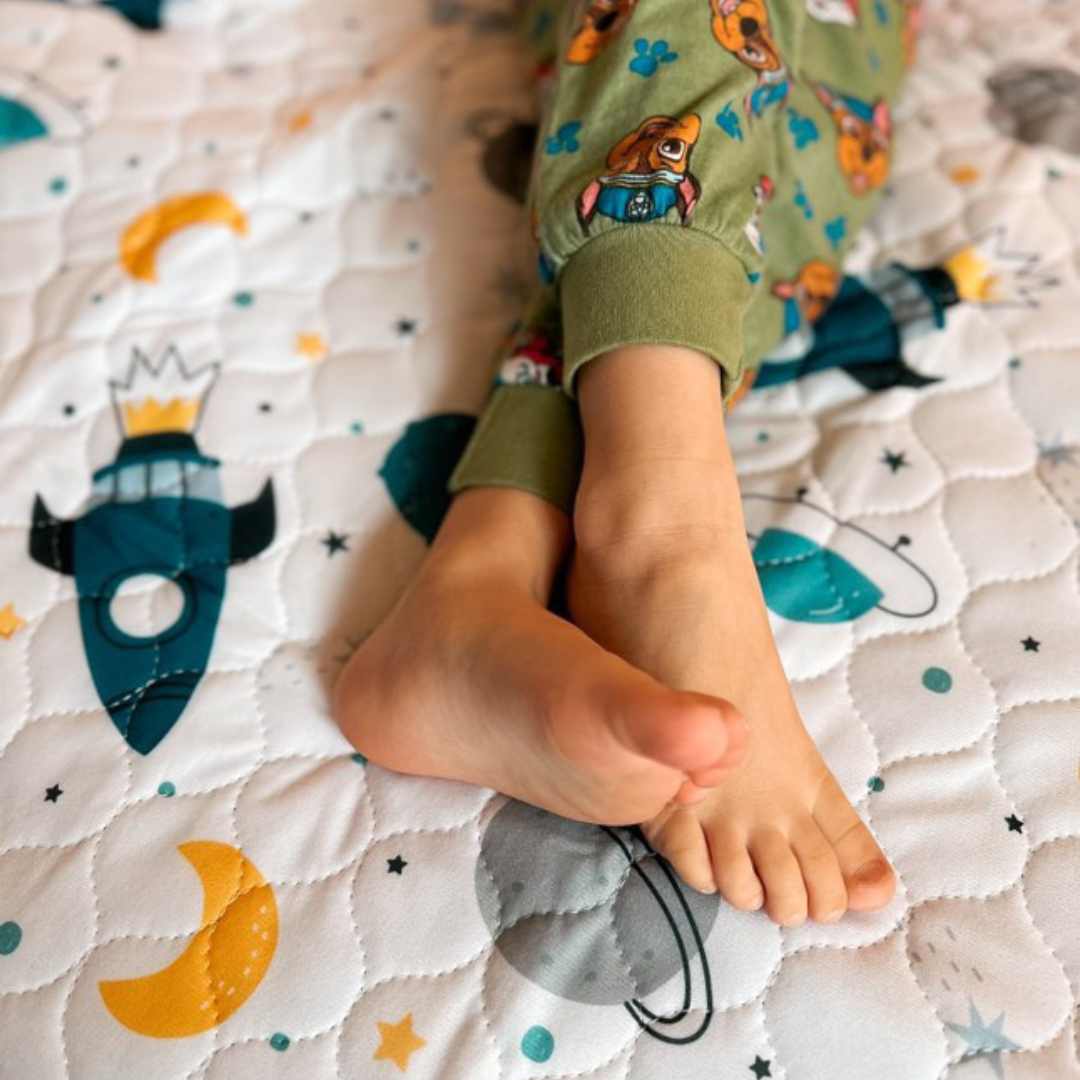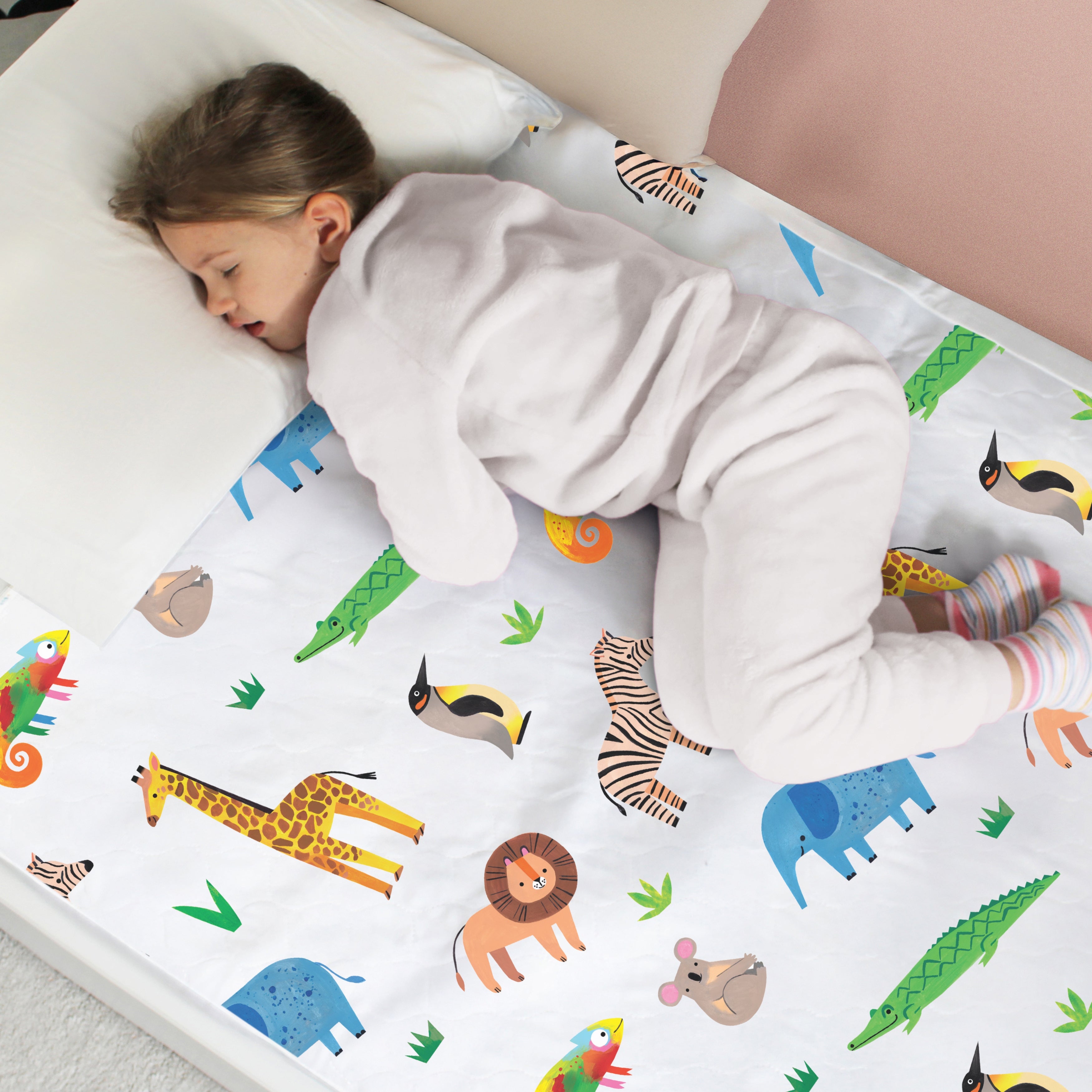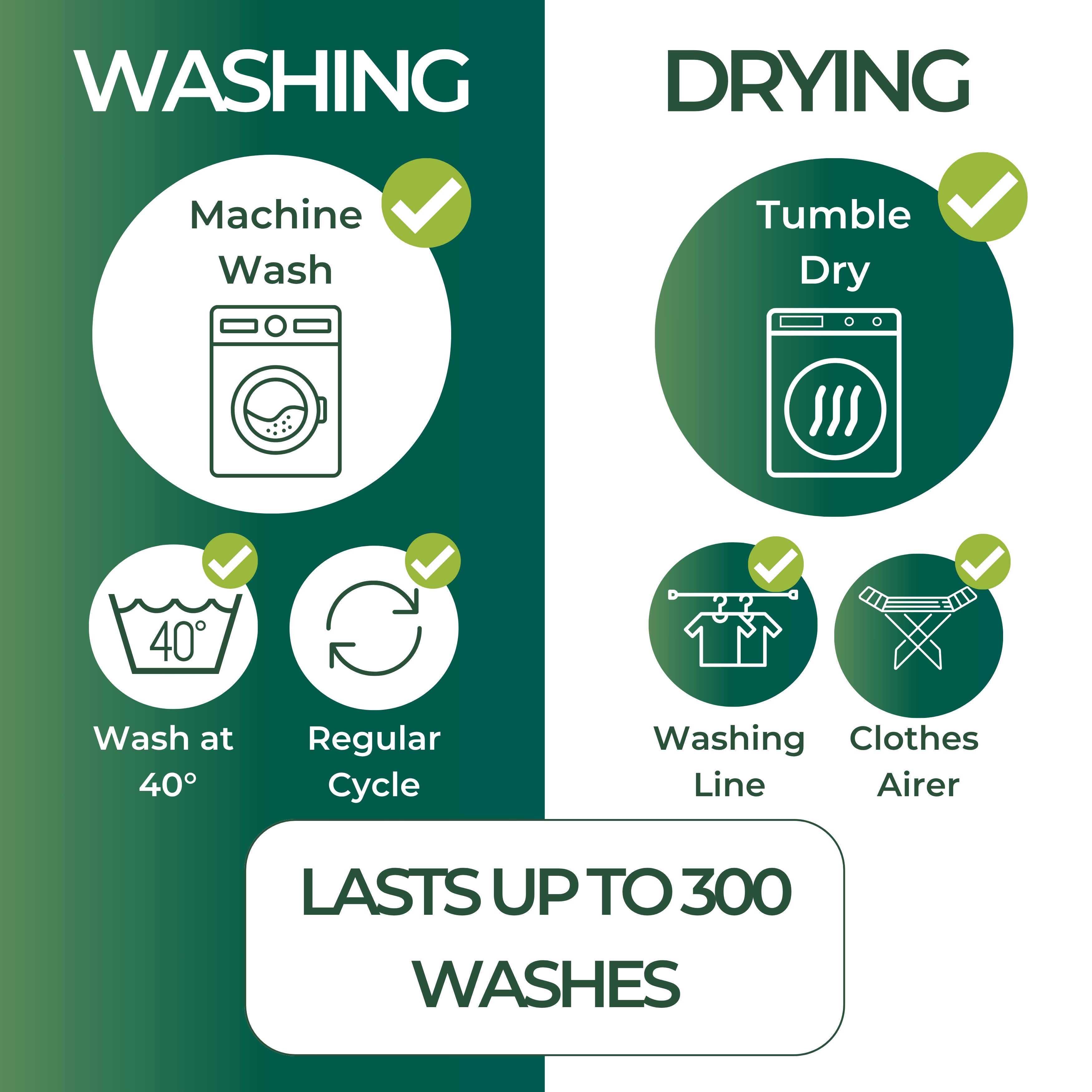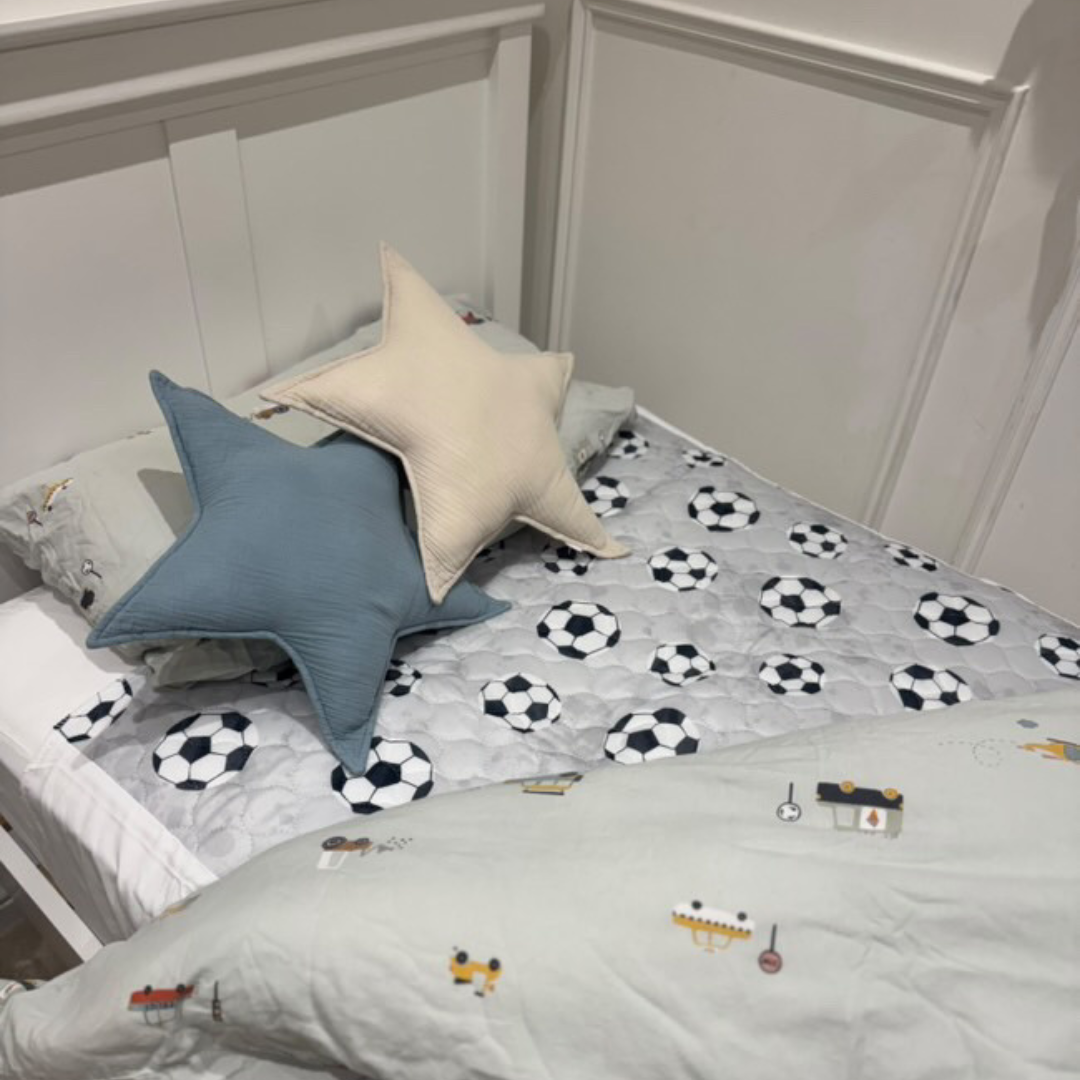Parenthood comes with its fair share of challenges, and one common concern many parents face is nocturnal enuresis, more commonly known as bedwetting. If your child wets the bed, please don’t worry—you’re not alone. Bedwetting is a common issue among children and, in most cases, a natural part of their development. In this blog post, we’ll delve into what nocturnal enuresis is, its potential causes, and how parents can navigate this phase with empathy and support.
What is Nocturnal Enuresis?
Nocturnal enuresis refers to the involuntary release of urine during sleep in children who are old enough to control their bladder. While daytime bladder control typically develops by the age of four, nighttime control can take longer. Bedwetting is generally considered a concern when it persists beyond the age of five or six, affecting up to 15% of children at age five.
Common Causes of Bedwetting
Understanding the reasons behind nocturnal enuresis is crucial for supporting your child. Here are some common factors that contribute to bedwetting:
-
Delayed Development – Some children simply take longer to develop nighttime bladder control. This is often a natural variation in developmental milestones and usually resolves with time.
-
Genetic Factors – If one or both parents experienced bedwetting as children, their child is more likely to go through the same phase.
-
Deep Sleep Patterns – Children who are deep sleepers may not wake up in response to their bladder signals, leading to bedwetting.
-
Emotional Stress – Life changes such as starting school, family transitions, or stress can impact bladder control.
-
Medical Conditions – In some cases, underlying medical issues like urinary tract infections or constipation may contribute to bedwetting. If bedwetting persists, consult a healthcare professional to rule out any concerns.
Supportive Strategies for Parents
Navigating bedwetting requires patience, understanding, and proactive support. Here are some ways to help your child through this phase:
-
Encourage Open Communication – Create a safe space for your child to discuss their feelings. Reassure them that bedwetting is common and nothing to be ashamed of. Our Instagram DMs are always open for parents who need support, and we encourage open and honest discussions on our posts too.
-
Establish a Nighttime Routine – Encourage regular bathroom breaks before bedtime and reduce liquid intake in the evening. A consistent sleep routine can also help regulate bladder control.
-
Use Protective Bedding – Investing in high-quality waterproof sheets, like Hygge Sheets, can make clean-up easier and less stressful. Waterproof mattress protectors help keep the bed dry and comfortable while providing peace of mind.
-
Consider a Bedwetting Alarm – For children who struggle with waking up to bladder signals, a bedwetting alarm like the Dri Sleeper Bedwetting Alarm can be a useful tool in nighttime potty training.
-
Seek Professional Advice When Needed – If bedwetting continues past an expected age or is accompanied by other symptoms, consult a healthcare professional for guidance.
Final Thoughts
Nocturnal enuresis is a common and usually temporary phase in a child’s development. By understanding potential causes and implementing supportive strategies, parents can approach bedwetting with empathy and patience. The most important thing to remember is that you’re not alone—most children naturally outgrow bedwetting with time.
If your child has been dry for six months or more and then begins wetting the bed again, this is called secondary enuresis. Learn more about it in our detailed guide: Understanding Secondary Enuresis: A Guide for Mums.
Take care,
Catherine x











